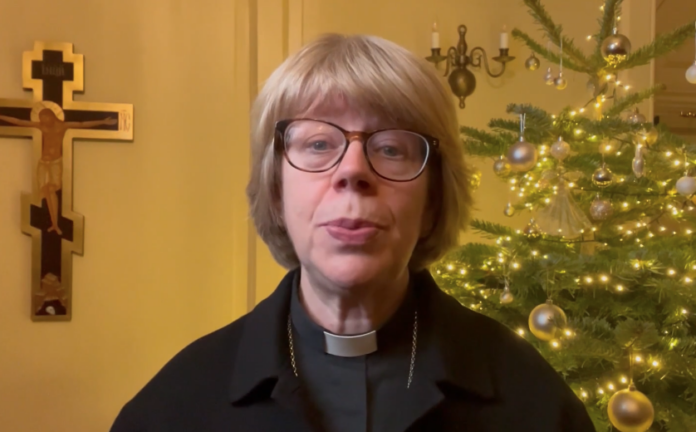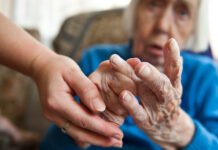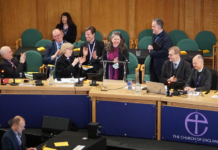‘All through Advent we wait, and that waiting is filled with hope. Hope is the conviction of what God, in Jesus Christ, did in the past, which points to a future, and which leaps into our present in such a way that we feel secure in the here and now: sure that he will save us, that the best is yet to come, and that his kingdom of justice and peace will triumph.
As another year draws to a close we see continued and embedded political unrest, conflict and violence across the globe, along with the ongoing impact of climate change on some of the world’s most vulnerable people. In our own nation and in this city, we know that food, fuel and secure housing are not available to all, that life is precarious for some who seek asylum, for those on the wrong end of health inequalities, or who live in neighbourhoods scarred by social marginalisation. It can be hard to hold on to hope.
But the American journalist, Nicholas Kristoff, who writes about global affairs, human rights and health, says that ‘Hope is a muscle that we must build and develop’. As we appreciate the coming of the Christ-child once again, we commit ourselves to flexing the muscles of hope. From our perspective two thousand years after the birth of Jesus, we know that what followed was an extraordinary life in which the poverty-stricken, the minoritised, the sick and those whom society dis-abled found themselves to be the principal focus of the divine gaze of love and healing.
So once again, into the world’s strife comes the message of incomparable love, justice and peace. At Christmas we echo the angels as we sing of the time when human life will no longer be characterised by its ‘crushing load’, but instead ‘peace shall over all the earth its ancient splendours sing’.
Here and now, finding signs of hope in the present, we partner in the transformational work of the Holy Spirit, as she breathes life and warmth into weary places, tired bones, cold homes and wounded relationships.
I know that across the worshipping communities in this Diocese, the hope we find in Christ is being lived out in concrete and imaginative ways, as you support those who are vulnerable in your communities, who are struggling in a cost of living crisis that risks becoming interminable. The warm spaces you provide for those suffering from fuel poverty, the toiletries for those in hygiene poverty, the food for those in food poverty, the debt advice for those mired in financial poverty, and the friendship for those who are lonely, isolated or navigating the hostilities of our immigration processes: all of these are expressions of hope.
Thank you for all that you do in the name of the God of hope, equity and love. May we know the companionship of the Christ-child through this Christmas. May we be caught up in the work of the Spirit in acts of hope and healing.’



